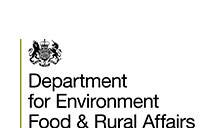Climate-Resilient Infrastructure: Redefining Urban Planning in the US
Highlighting the Need for Climate-Resilient Infrastructure in Urban Planning Climate change is a pressing global challenge, and its impact is becoming increasingly evident in cities across the United States. As extreme weather events become more frequent and intense, it is crucial for urban areas to adapt their infrastructure to withstand these changes. This article aims […]






